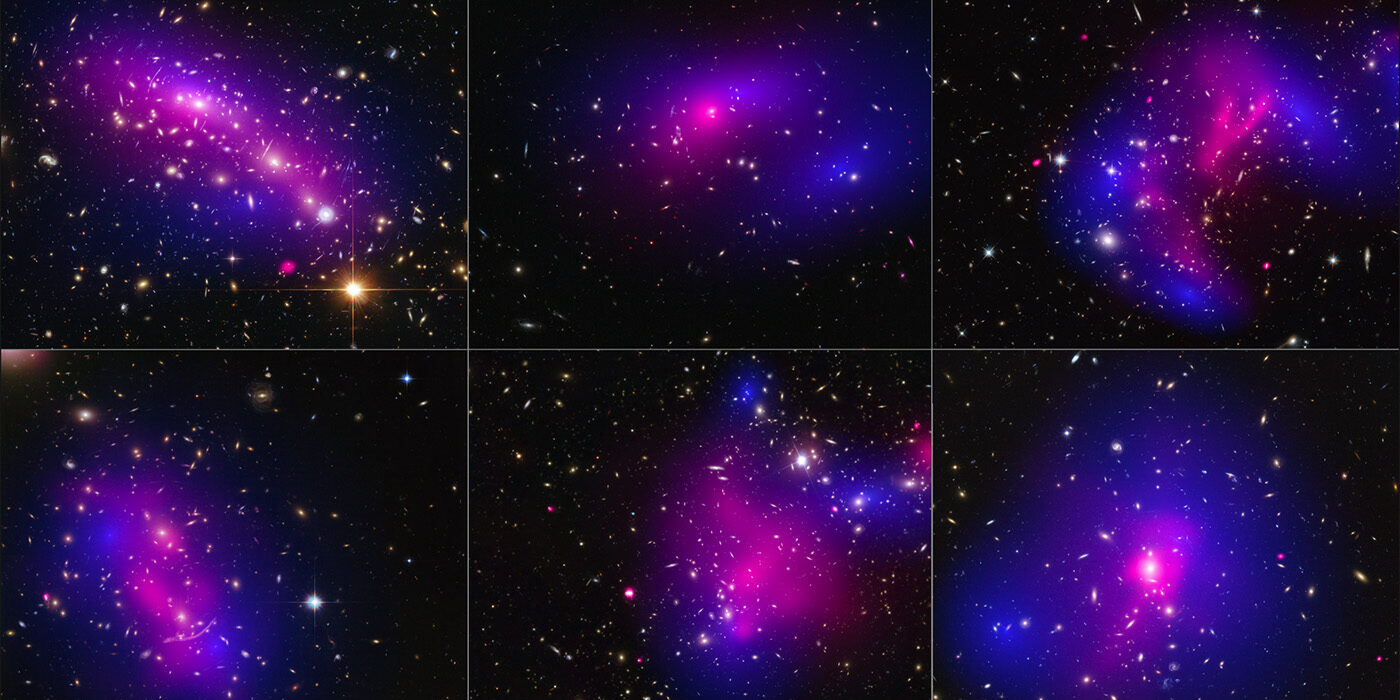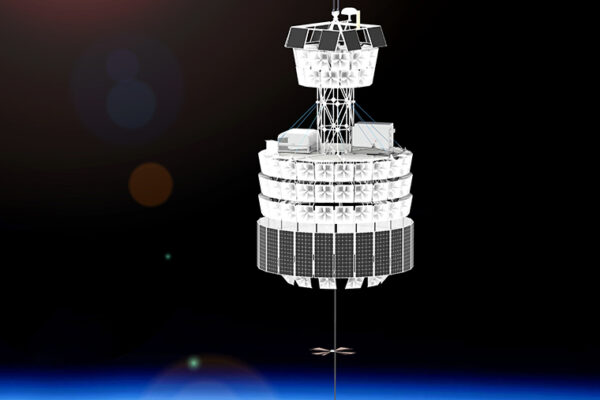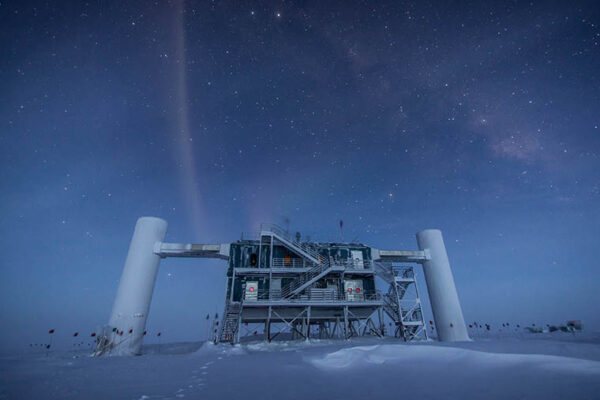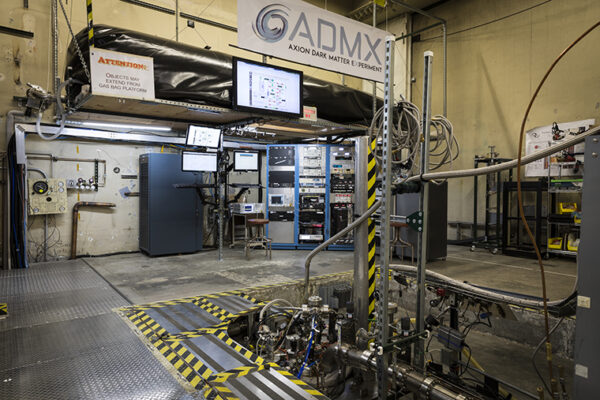The ordinary atoms that make up the known universe — from our bodies and the air we breathe to the planets and stars — constitute only 5% of all matter and energy in the cosmos. The remaining 95% is made up of a recipe of 25% dark matter and 70% dark energy, both nonluminous components whose nature remains a mystery.
Theoretical physicist Katherine Freese, the Jeff and Gail Kodosky Endowed Chair in Physics at the University of Texas at Austin, will explore dark matter in the 2021 McDonnell Distinguished Lecture at Washington University in St. Louis.

Freese’s online lecture, “The Dark Side of the Universe,” will begin at 7 p.m. Thursday, March 25. The event is free and open to the public; attendees should register in advance to obtain the Zoom link.
“Professor Freese is an extraordinarily creative physicist who’s at the forefront of our efforts to understand the universe as a whole,” said Mark Alford, chair and professor of physics in Arts & Sciences at Washington University in St. Louis. “This visit is a great opportunity for all of us in the Washington University and St. Louis communities to hear what’s going on at the cutting edge of cosmology.”
Freese is an influential scientist whose theories about dark matter and what happened at the start of the universe have been transformative for the field. In her McDonnell Distinguished Lecture, Freese will provide evidence for the existence of the “dark side” of the universe and describe the hunt to understand its nature.
Freese works on a wide range of topics in theoretical cosmology and astroparticle physics. She has been working to identify the dark matter and dark energy that permeate the universe, as well as to build a successful model for the early universe immediately after the Big Bang.
She is author of a popular book, “The Cosmic Cocktail: Three Parts Dark Matter,” which tells the inside story of the epic quest to solve the mystery of dark matter, published by Princeton University Press. Previously, she was the George E. Uhlenbeck Professor of Physics at the University of Michigan and Visiting Professor of Physics at Stockholm University.
Global Citizen named Freese to its list of “17 Famous Female Scientists Who Helped Change the World,” alongside Jane Goodall, Marie Curie and other notable figures. Her work has been described in The New York Times, BBC, Scientific American, New Scientist, National Public Radio, Boston Globe, Dallas Morning News and other media. Her public appearances include Through the Wormhole with Morgan Freeman, a BBC Horizon Dark Matter documentary, a New York Academy of Sciences Panel, TV Ontario, and the Isaac Asimov Debate at the American Museum of Natural History in New York.
“We are most fortunate to have Professor Freese delivering the 2021 McDonnell Distinguished Lecture,” said Bradley Jolliff, the Scott Rudolph Professor of Earth and Planetary Sciences in Arts & Sciences at Washington University and director of the McDonnell Center for the Space Sciences. “She is a pioneer in the quest to detect dark matter and dark energy in the universe, and she is also one of the best communicators of space science of our time.”
The McDonnell Center for the Space Sciences, established in 1975 through a gift from aerospace pioneer James S. McDonnell, is a consortium of Washington University faculty, research staff and students, primarily from the departments of Earth and Planetary Sciences and Physics, both in Arts & Sciences. They are working on the cutting edge of space science research.
For more information, contact Jan Foster, assistant to the director of the McDonnell Center, at 314-935-5332 or janf@wustl.edu.



